Disclosure: Meeple Mountain received a free copy of this product in exchange for an honest, unbiased review. This review is not intended to be an endorsement.
I’m always—and I mean ALWAYS—looking for new games that last less than 20 minutes. Now that I play mostly with gamers who prefer medium-to-heavy games (lots of deep strategic decisions over longer playtimes), I need to have a few offerings that can start or end a night while we set up the main course for a game night.
The Crew: The Quest for Planet Nine is far and away the current heavyweight of the “trick-taking” genre. I try to have a clear mind when I sit down with a new review copy of a game, but as soon as I read about trick-taking in a game’s manual, The Crew always pops to mind for comparison.
Space Dragons, a new trick taker from Pegasus Spiele, does some things well. But it will not challenge the crown; let’s talk about why!
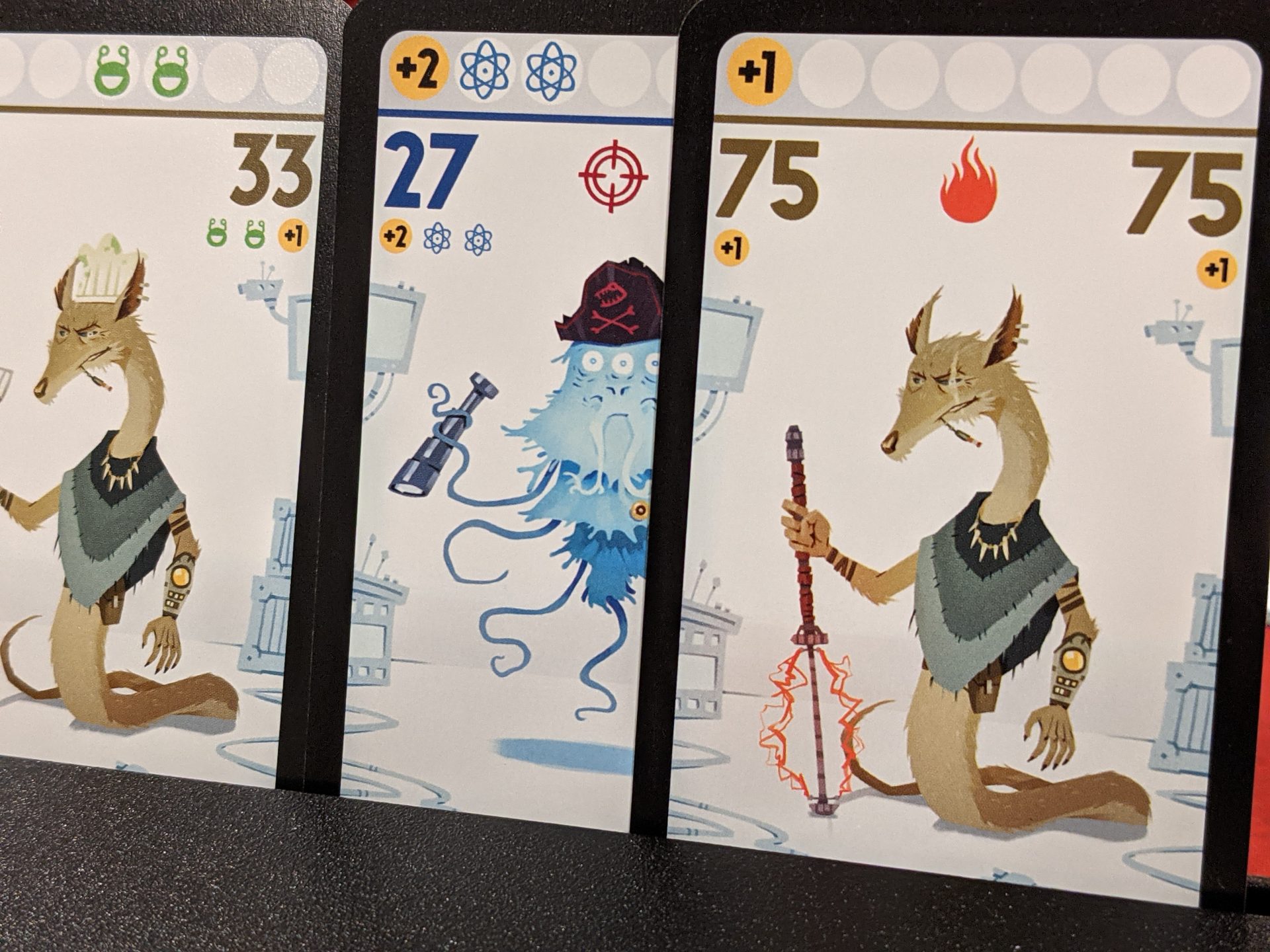
What Works?
Space Dragons gets rolling quickly: players are given a spaceship, represented by a single poker-sized card with fantastic artwork, and 9 crew cards (either through a straight deal or through a draft, which we’ll cover shortly). The crew deck in Space Dragons runs from 1-80, with various crew members depicted on each card as well as icons needed for set collection, damaging opponents and/or stopping/repairing damage from others.
Games are quick, and only last 7 rounds: the goal is to play one card in a round, ideally the highest one to beat other players and defeat a dragon contested by all players. There’s a little more to it than that, though; if you win the round, you may take damage to your ship in the process, which could lose you a ton of points at the end of the game if you aren’t able to deflect attacks from your tablemates.
“Wait…I have 9 cards, but the game only lasts 7 rounds?”
That’s right. In Space Dragons, you will only play 7 of your 9 cards. A bit of strategy is needed, in addition to a little card counting because you’ll need to be cognizant of what other players have already played as you consider whether your late-game play of, say, the 75 card is really enough to win, or if it is a gamble!
After 7 dragons are defeated, points are tallied based on points scored from defeated dragons, 3 public goals (for set collection purposes, with the icons tied to the tops of all of your played cards and defeated dragons during the game), and any points listed on some of your crew cards.
I’ve played Space Dragons 4 times, and never had a game last longer than 15 minutes. On my first night of this with my review crew, I did the teach and two 3-player games in 30 minutes. That means Space Dragons can almost always make it to a table during game night. If you have a group of 3 and you are waiting for your buddy Stu because he is “just a few minutes away”, you can squeeze Space Dragons in while Stu looks for parking.
So, it’s short, easy to teach, has great artwork, and gives you chances to attack your opponents. I should be more excited about Space Dragons, right?
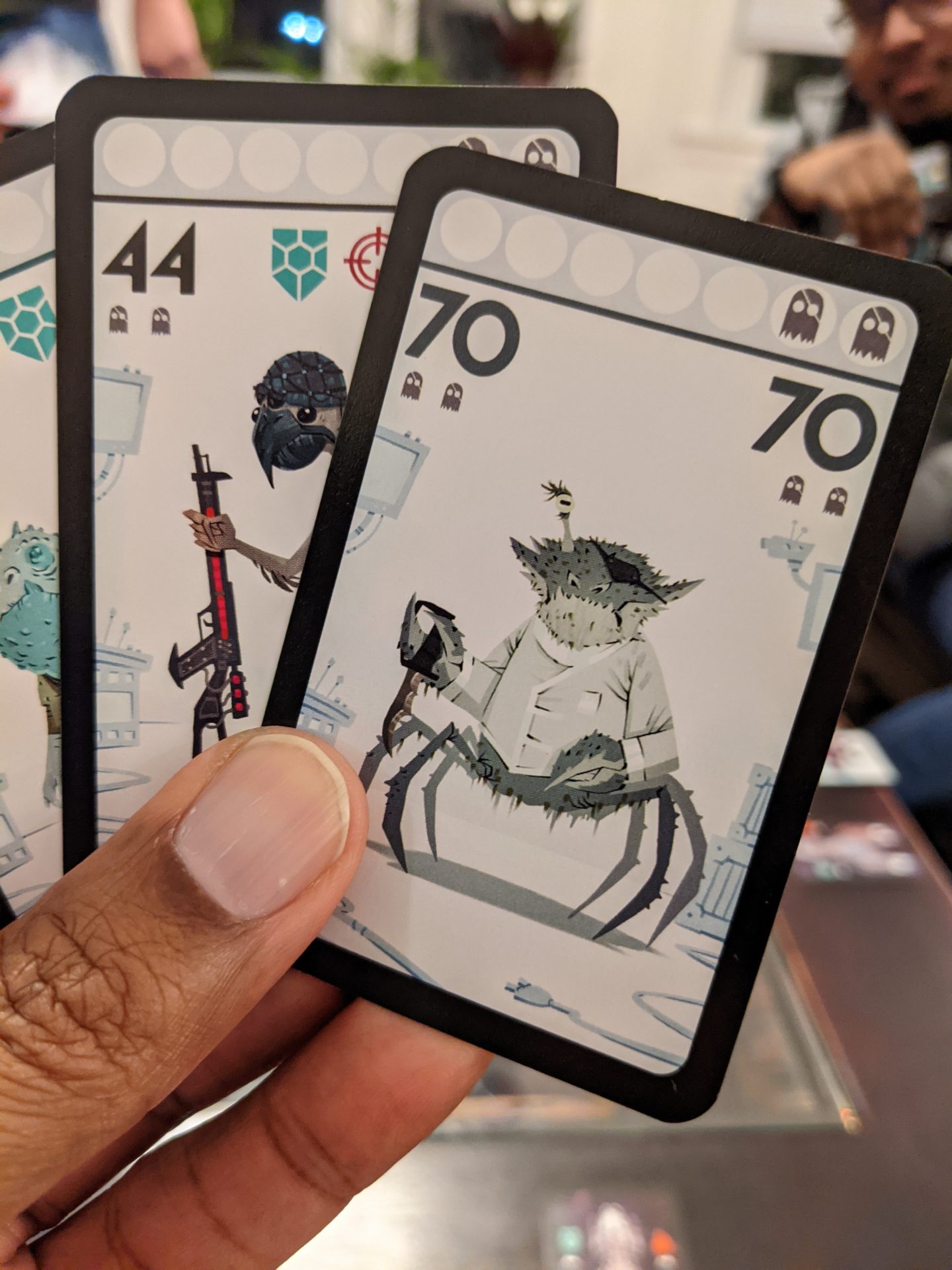
Staying Power
“I’m not sure I would get this one to the table after the first few plays,” said my review crew buddy Peter, and he is right. Each time I play Space Dragons, I’m a little less excited to play it again.
Space Dragons features two setup variants: dealing 9 cards to each player, then drafting one card before passing the remaining hand to your left, OR just dealing 9 cards out to every player and then starting the game. Then, after each trick in that latter setup variant, players pass their entire hand to the left. The rules indicated that the draft is the preferred format, but I have found that just dealing cards is not only quicker, but doesn’t lead to a significantly different experience either.
Sure, you’d like to have a balanced hand of cards that can attack other players, provide shields and tools for certain turns, and some higher numbers to ensure you can win some dragons. But are you always going to be at a table where you are playing with Space Dragons veterans who know how to optimize play? I’m not so sure.
And the randomness of a game this short is sort of the point, right? So I’ve been leaning heavily into a straight deal, and Space Dragons is still fun.
Correction: it’s fine. Space Dragons is never exhilarating. You may have 1-2 turns in a game where you think your 68 will win a trick only to get trumped by someone who played the 70. Or you’ll win with the 80, only to get hit with 3-4 cards of damage, which could cost you 15-20 negative points at the end of the game if not repaired.
There are 3 double-sided objective cards included in Space Dragons. So, 6 total options. And you’ll never want to play with all 3 on the B (harder/negative points) side, as I did once; I lost all of the public goals, and with a damaged ship I finished with -19 points. Losing is fine, but ending with a negative score really sucks.
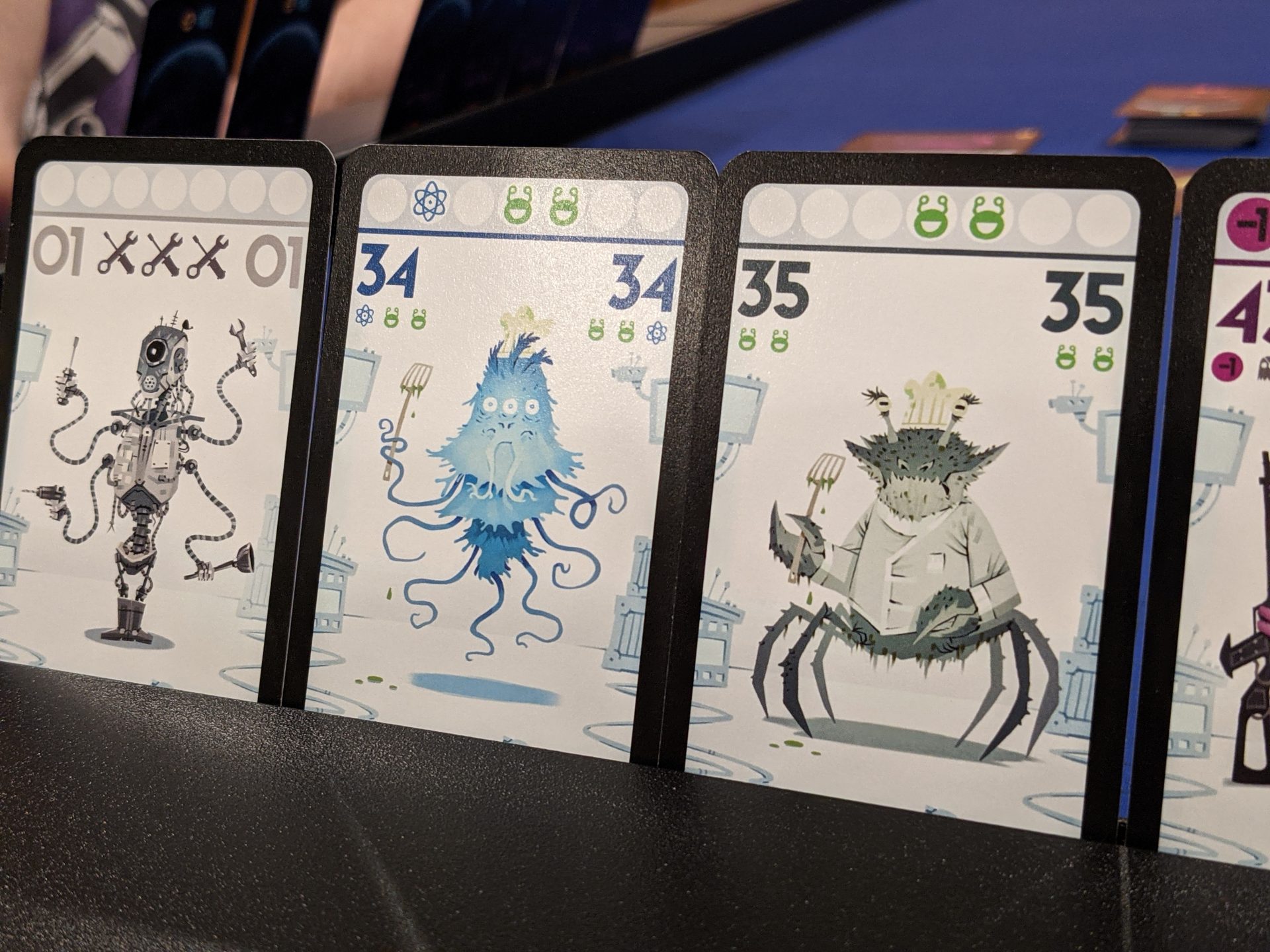
Initiate Hyperdrive?
Space Dragons got me excited, thanks to the stellar artwork and opportunity for another great, quick filler game. But I’ve played Space Dragons enough times now to know that it won’t be a keeper. The variability is really limited, with dragons all scoring between 8-12 points. Plus, with such a short list of public goal cards, I wish there were less crew cards in the box and more goals or other ways to shake up the core experience.
Space Dragons looks like and calls itself a trick-taking game, but in reality there is only one suit: crews, and the highest card wins every time. The drama, if there is such a thing in a 10-minute game, comes from deft management of ship damage and swooping in at just the right time to nab a couple of dragons while monitoring the set collection goals.
Space Dragons just doesn’t have enough dragon meat on the bone, so hopefully expansion content will help shake up what’s here!


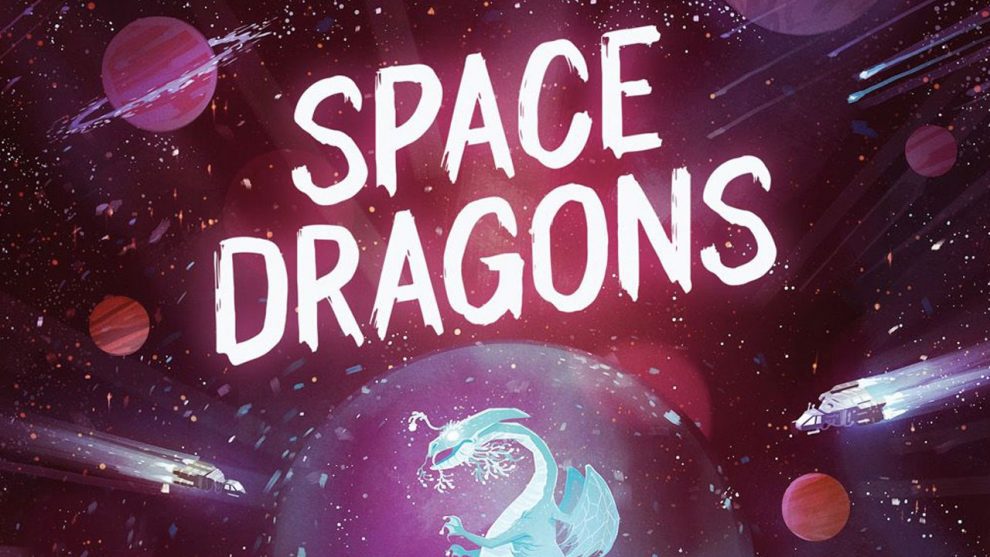


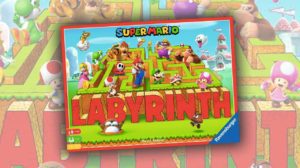






Add Comment